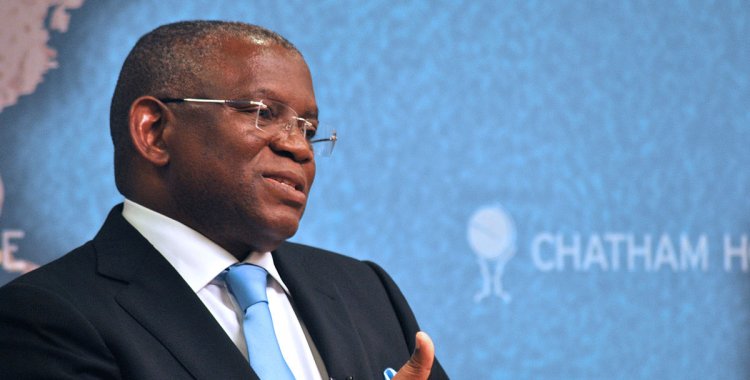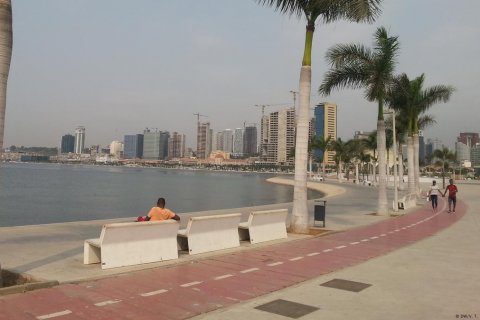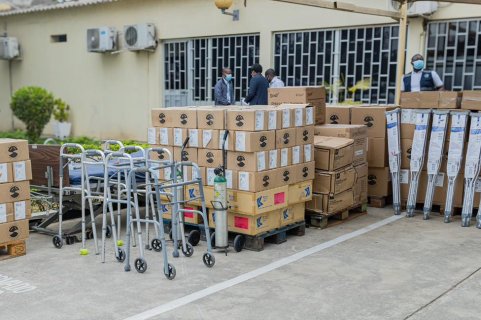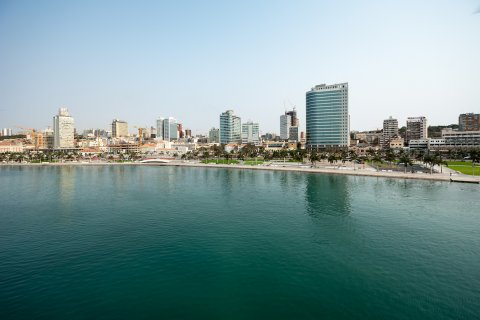"The big issues have been seen, there are difficult issues, but, in essence, we have reached good, conciliatory positions to implement the agreement," said the diplomat, who heads the Organization of African, Caribbean and Pacific States, in statements to the Lusa agency. (OEACP), based in Brussels.
The approval of the new framework agreement on relations between the EU and the group of 79 ACP countries - including 48 Sub-Saharan African countries - for the next ten years, known as post-Cotonou, took an important step on 17 December, with the signature of a draft, to which Lusa had access, but important resistances to the text remain.
Among the most sensitive issues for the ACP bloc are issues such as migration or "aspects" associated with the International Criminal Court.
"There are countries on our side that are not members [of the ICC] and most EU member states are", but "the difference does not lie in the existence of the court. It is that there are some countries among us that do not recognize the form how some of the aspects are dealt with, "explained Chikoti.
The issue of migration, on the other hand, "does not necessarily pose a very big problem", considers the Secretary General of the OEACP, although in this context, "one of the points that took [more] time to reach agreement was in relation to those who migrated to Europe. Europe illegally ".
"In terms of human rights, yes, there is a weakness in most of our countries. But there is also the commitment of the Member States [ACP] to be governed by democratic, electoral, ways of respecting human rights. But there are weaknesses that are resolved in time ", he admitted.
The post-Cotonou agreement, stressed Chikoti, is "very important, because it seals a list of countries that have been in contact for several centuries". There is "a dimension that is not only financial, nor of cooperation, it is an affective relationship", added the diplomat.
As for the financial dimension, it is also "very important", says Chikoti. "We are going to have a cooperation that, for the African continent alone, will approach 40 billion euros for the next 20 years. There will be 10 billion euros for the Caribbean and Latin America and 3 billion euros for the Pacific, "he explained.
"Europe contributes considerably in financial terms, but it also maintains a political relationship, which encompasses issues of the relationship between states" and safeguards the maintenance of important cooperation forums from a geostrategic point of view, he said.
"We have common positions in terms of the 2030 Agenda, the United Nations' Sustainable Development Goals, as well as Agenda 2063, the African Union's African development program," he illustrated.
The cooperation framed by this agreement, considers Chikoti, is "unique". "There is no equal. I have been comparing the United States, China or other nations, and there is no such thing. There is a very important dimension here, a relationship between states that know each other", countries, he also stresses, that " they are all independent, have their own view of the world, and in this cooperation nothing is imposed on them. We have the possibility to say what we think is our right ".
Another of the important dimensions of the agreement, according to Georges Chikoti, is that of the market protection it offers to the most fragile economies. "There are countries that only produce one product, they only have one good to present, that has to be marketed. Imagine, for example, in this period of the pandemic, the impact on tourism. There are countries that had practically no revenue at all. importance of an agreement like this ".
The signing in February of the draft of the new framework agreement by the two chief negotiators - by the EU, the European Commissioner for International Cooperation and Development, Jutta Urpilainen, and Robert Dussey, Minister of Foreign Affairs of Togo, by the ACP countries - must followed by its formal approval by the EU Council, in a version still to be agreed.
There are still unresolved issues in the areas of sexual and reproductive rights, human rights, gender equality, relating to the International Criminal Court itself or to migration.
The new framework agreement brings a number of significant innovations, from the outset through the approximation of the structure of dialogue and cooperation, with the creation of three regional pillars, which make it possible to deal individually and directly with the issues of each region.
A "hat" structure of the EU-ACP relationship is created, which is, as it were, replicated in three regional agreements - aimed at the European Union's relations with Africa, the Caribbean and the Pacific.
Economic development, growth, job creation, investment protection, promoting the fight against climate change, cooperation in preventing and combating natural disasters are themes that cut across any part of the new framework agreement, but with specificities specific to each of the regions.
The agreement establishes the creation of joint institutions - Council of Ministers, Joint Committee of Senior Officials, at the level of ambassadors, and the Parliamentary Assembly - both at the level of the EU-ACP "hat" relationship, as in each regional pillar; as well as scheduled or to be agreed between the parties, summits of heads of state and government, as well as councils of ministers, committees and parliamentary assemblies.







